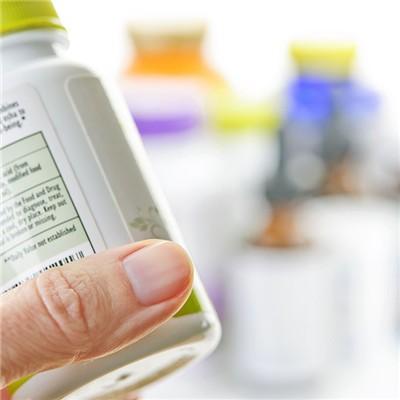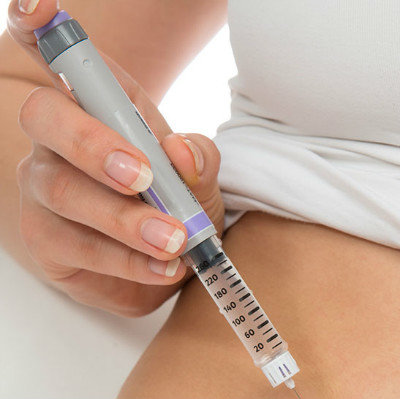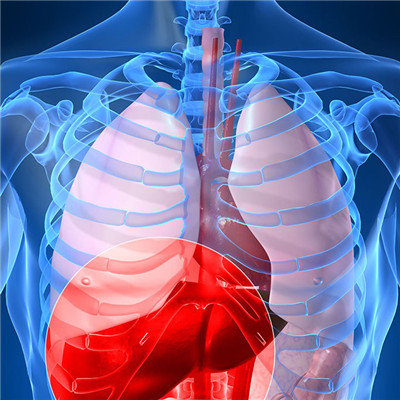What medicine does heart failure take orally
summary
Patients with heart failure usually have cold and wet skin, reduced urine volume and other symptoms. If not treated in time, it will do great harm to people's health. Now I'll share with you what medicine to take orally for heart failure.
What medicine does heart failure take orally
First, thiazide diuretics: hydrochlorothiazide (hydrochlorothiazide) as a representative, acts on the distal convoluted tubules of the kidney and inhibits sodium resorption. The absorption of potassium is also decreased due to the mechanism of sodium potassium exchange. Thiazide is a medium effective diuretic, mild heart failure can be the first choice of this drug, starting 25mg once a day, gradually dosage. For severe patients, the dosage can be increased to 75-100mg per day, 2-3 times a day, and potassium salt can be supplemented at the same time, otherwise, various arrhythmias can be caused by hypokalemia.
Second, loop diuretics: furosemide (furosemide) is a powerful diuretic, which acts on the ascending branch of Henle loop and excretes sodium as well as potassium. 20 mg orally, reaching the peak in 2-4 hours. For patients with severe chronic heart failure, the dosage can be increased to 100 mg twice a day. If the effect is still poor, intravenous injection can be used, 100mg each time, twice a day. A higher dose does not produce a better diuretic effect. Hypokalemia is the main side effect of these diuretics, so we must pay attention to supplement potassium.
Third, potassium retention diuretics: spironolactone (spironolactone) is commonly used: it acts on the distal convoluted tubules of the kidney, interferes with the effect of aldosterone, increases the absorption of potassium ion, and excretes sodium and diuresis at the same time, but the diuretic effect is not strong. When combined with thiazides or loop diuretics, it can strengthen diuresis and reduce the loss of potassium, generally 20mg, three times a day.
matters needing attention
Patients with heart failure usually need to control the intake of sodium salt in their diet. Generally, sodium salt (table salt, soy sauce, yellow sauce, pickles, etc.) can be limited to less than 5 grams per day, and those with serious illness can be limited to no more than 3 grams per day. Proper restriction of sodium intake can reduce fluid retention and reduce the burden of the heart. *














